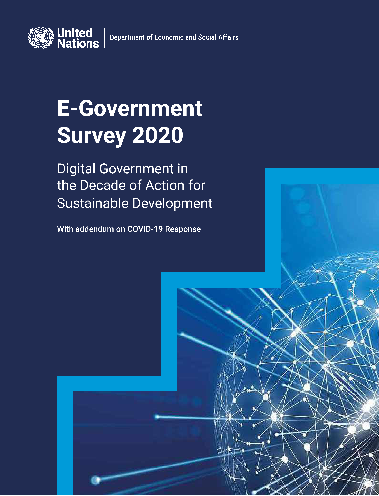Rebalancing Britain – shaping the future

by David Fellows (1)
Governments like to deal with issues one at a time. It makes the narrative easier to handle. The problem for the current Government is that it faces a landscape of interconnected challenges. As a result, the big picture is getting lost.
The opposition, political and media, are playing a fairly simple game. They cry ‘chaos’ at practically every decision made by Government. In practice people seem to understand the difficulties of holding an unbending line when faced with a non-compliant world. The background noise, however, tends to create distractions from the big picture.
The three key challenges
I refer to the need for Government to focus on three critical challenges: Brexit, the economic and social effects of C-19, and their ‘levelling-up’ commitment. They are immense, complex, interrelated and unavoidable. The consequent fiscal implications and overseas trade negotiations add to the burden of this core subject matter. Knee jerk reactions by Government seeking to restore the status quo in London supply worrying evidence of the big picture getting lost.
C-19 has accelerated the extent of online home working that has been taking root over the past decade, relieving many administrative staff from the daily commuter grind. For many this is an irreversible process benefiting employer and employee. Office space is, therefore, becoming less necessary together with commuter transport and other office-related services. In addition, the trend to online shopping is being reinforced reducing demand for local transport. It seems inevitable that redundant shops and offices will be replaced by apartments. The absence of tourism compounds the reduction in city centre footfall. There is greater general acceptance of change than the government seems to appreciate.
EU nations will stick together to save themselves (the Euro, the carnage to the Mediterranean economies, the perilous position of German manufacturing). Despite a trade deal being in their best interests it has become clear that they have little scope for division over Brexit. Doing a deal in name only was tried and failed miserably. Apart from side matters of common interest, such as air traffic and security, it must be assumed that nothing else is available. Put it to the test. End the negotiations now, claim bad faith, refuse to pay, give businesses and the public extra time to ready themselves. Government may now be preparing to do this.
To-date ‘levelling –up every part of the UK’, as referred to in the Conservative manifesto 2019, has been little more than a slogan attached to haphazard regional spending. The manifesto acknowledges that the regions feel abandoned. I suggest that this is now more important than short-term GDP considerations and that yesterday’s substantial gainers must make way to some extent.
Levelling-up should form the central plank of these three issues. Economic activity must be more widely distributed. Brexit offers greater freedom to act. The impetus in online working resulting from C-19 has made us more flexible in geography and life style. Why not give a clear commitment to stimulate the UK economy in the regions by: reshoring production; incentivising investment and HQ co-location; regionalising government departments; creating a regional development bank; encouraging regional remote working. Government departments must be harassed into buying British with a substantial proportion of orders going to SMEs, including start-ups. Such policies should be directed at high value manufactures, administration, consultancy and food. Business must be fully engaged.
This agenda must be supported by reform of the spatial planning system and dysfunctional house building sector. It would be too easy to assume the status quo and attempt to build more housing in London to satisfy demand that would, in practice, compound the skewed nature of opportunity within the country and heighten the problems of life within the capital, particularly for the less wealthy. Policy must be consistent.
Future domestic issues
Of course there are other related issues requiring attention: NHS management and the reform of social care; the allocation of responsibilities within the state schooling system given the decreasing role of local education authorities and the inadequacy of further education with respect to vocational development; the modernisation of the Civil Service and Cabinet Government; and devolution within the UK. All of these issues and more are important to the nation’s development but they are subservient to the preparation of an initial response to the three critical challenges.
Time to explain the plan
It is time for the Government to present that response at a credible level of detail. The PM must explain his intentions and his reasoning convincingly both to the people as a whole and to his parliamentary colleagues. It must be a bold yet feasible plan. This is a time for public engagement, for shaping the future.
(1) David Fellows has worked extensively in UK local government and in the Cabinet Office as an advisor on local government reform. He is a director of PFMConnect, a public financial management consultancy: david.fellows@pfmconnect.com



